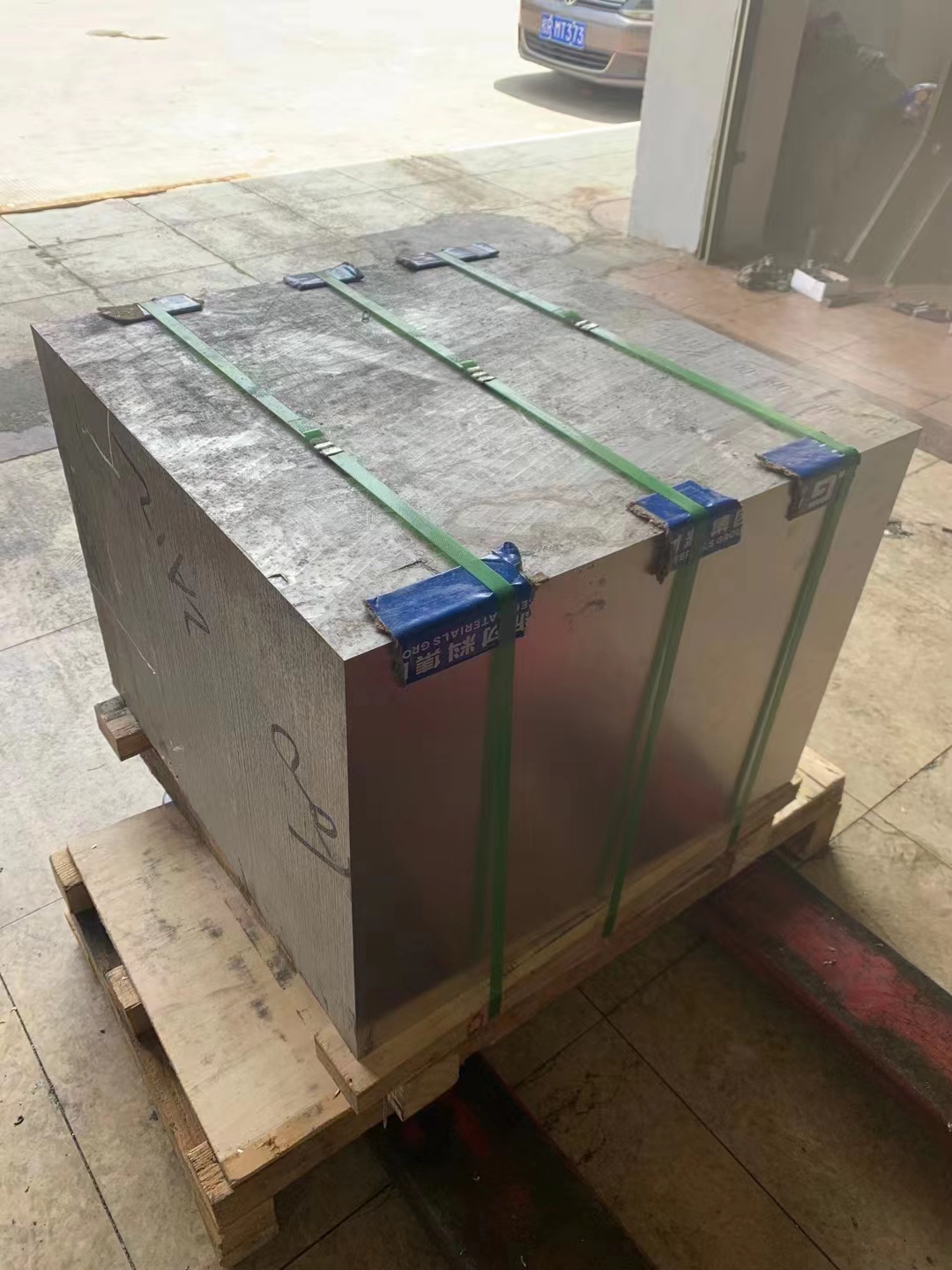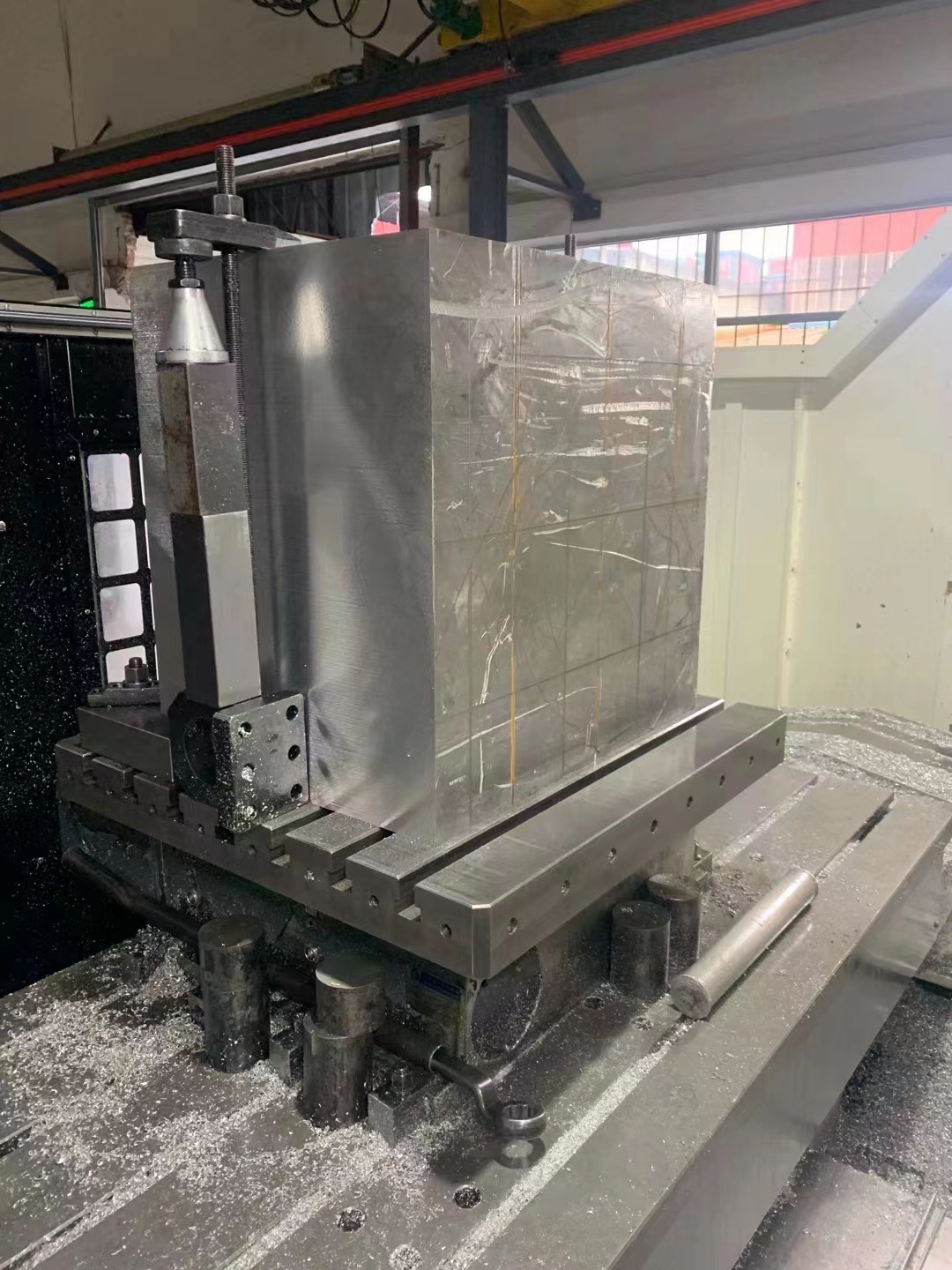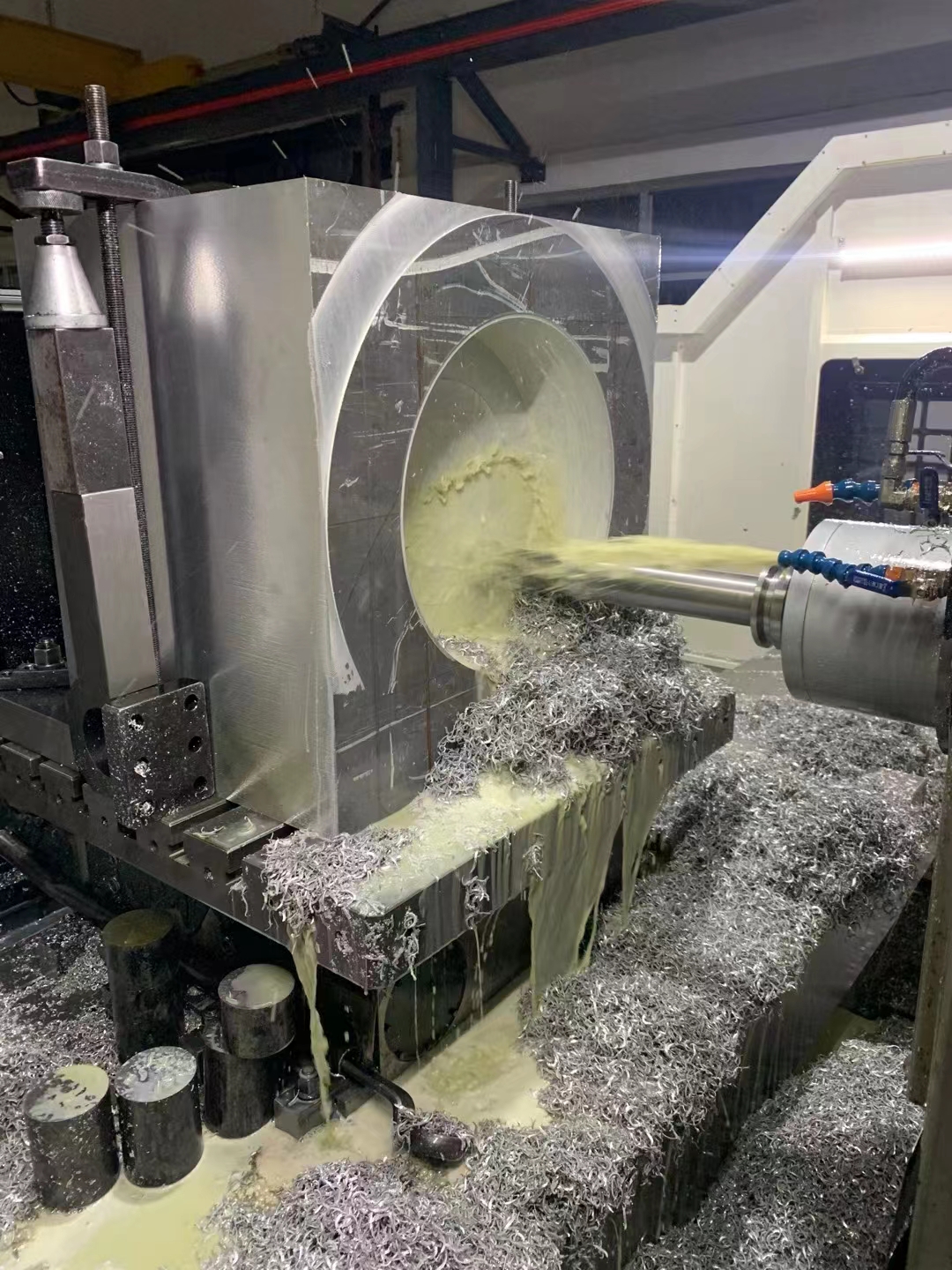Lathes are divided into various types according to their purpose and function:
The ordinary lathe has a wide range of processing objects, and the adjustment range of the spindle speed and feed is large, and it can process the inner and outer surfaces, end faces and internal and external threads of the workpiece. This type of lathe is mainly operated manually by workers, with low production efficiency, and is suitable for single-piece, small-batch production and repair workshops.
The automatic lathe can automatically complete the multi-process processing of small and medium-sized workpieces according to a certain program, can automatically load and unload materials, and process a batch of the same workpieces repeatedly, which is suitable for mass production.
Multi-tool semi-automatic lathes are divided into single-axis, multi-axis, horizontal and vertical. The layout of the single-axis horizontal type is similar to that of an ordinary lathe, but the two sets of tool rests are installed on the front and back or up and down of the main shaft, respectively, and are used to process discs, rings and shaft workpieces, and their productivity is 3 to 5 times higher than that of ordinary lathes.
The main shaft of the vertical lathe is perpendicular to the horizontal plane, the workpiece is clamped on the horizontal rotary table, and the tool rest moves on the beam or column. It is suitable for machining large, heavy workpieces that are difficult to install on ordinary lathes, and are generally divided into two categories: single-column and double-column.
The combined lathe is mainly used for turning processing, but it can also perform boring, milling, drilling, inserting, grinding and other processing after adding some special parts and accessories. It has the characteristics of “one machine with multiple functions” and is suitable for engineering vehicles, ships or mobile repair Repair work on the station.
Post time: Sep-20-2022













